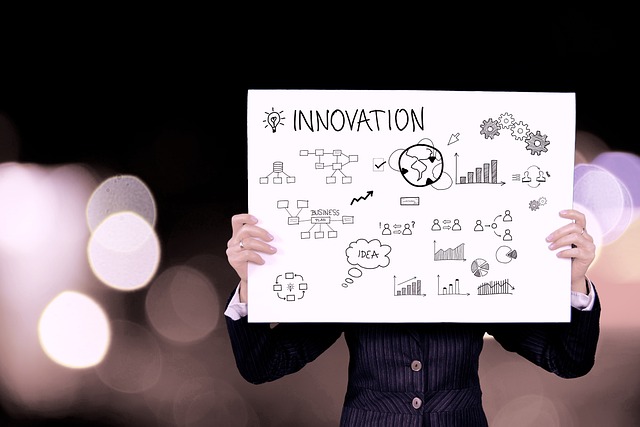
Enhancing Conflict Resolution: The Role of Emotional Intelligence in Relationships
When it comes to navigating the tumultuous waters of relationships, conflict is often an inevitable reality. Arguments and disagreements can stem from a myriad of sources: differing opinions, unmet expectations, and even stress from outside influences. In these situations, emotional intelligence becomes a vital tool, sculpting not just how we manage conflicts but also how we understand ourselves and others.
Emotional intelligence, often abbreviated as EQ, refers to the ability to recognize, understand, and manage our own emotions while also empathizing with those of others. In the realm of relationships, having high emotional intelligence can enhance conflict resolution significantly. Instead of allowing anger or frustration to dictate our reactions, those possessing emotional intelligence can pause and reflect, ultimately leading to more productive conversations.
One key element of emotional intelligence is self-awareness. This means taking the time to understand your feelings and what triggers them. For example, when a partner inadvertently forgets an important date, you might feel neglected or unimportant. If you lack self-awareness, this feeling might spiral into an explosive reaction. However, if you’re attuned to your emotions, you can communicate your feelings calmly and effectively. You might say, “I felt hurt when the date was forgotten because it means a lot to me.” This shifts the focus from blame to expressing needs, fostering a more constructive dialogue.
Another crucial aspect of emotional intelligence in relationships is empathy. When conflicts arise, we often become defensive, focusing solely on our perspective. By cultivating empathy, you can step into your partner’s shoes, considering their feelings and perspectives. This doesn’t mean you have to agree with their standpoint but acknowledging their emotions can de-escalate tension. For instance, if your partner is upset about a financial decision, instead of dismissing their concerns, you might say, “I understand why you feel anxious about our spending. Let’s discuss how we can approach this together.” This approach helps foster a sense of teamwork, rather than setting up an adversarial environment.
Furthermore, emotional regulation is crucial. It’s natural to have strong emotional reactions during conflicts, but high EQ teaches you how to channel those feelings in a healthy manner. For example, if you feel overwhelmed during a disagreement, you might take a step back and practice deep breathing. This helps you recalibrate your thoughts before engaging in further discussion, ensuring that you communicate thoughtfully instead of reacting rashly.
Additionally, improving communication skills through the lens of emotional intelligence can transform conflicts into opportunities for deepening understanding. Active listening is an essential component of this process. When your partner speaks, resist the urge to formulate your response while they are talking. Instead, practice listening intently, validating their feelings, and reflecting back what you have heard. This demonstrates that you truly value their perspective, fostering open and honest dialogue.
In relationships, healthy conflict resolution guided by emotional intelligence not only repairs rifts but strengthens the bond between partners. As you strive to enhance your emotional intelligence, you’re likely to see a ripple effect in other areas of your life. Those skills will translate into better interactions with friends, family, and colleagues, creating an environment where healthy discussions flourish.
To truly enhance your conflict resolution capabilities, consider engaging in activities that promote emotional intelligence. This might include journaling your feelings, participating in self-reflection exercises, or even seeking out workshops on emotional intelligence. These practices can enable you to navigate conflicts more effectively, creating deeper, more authentic connections in your relationships.


